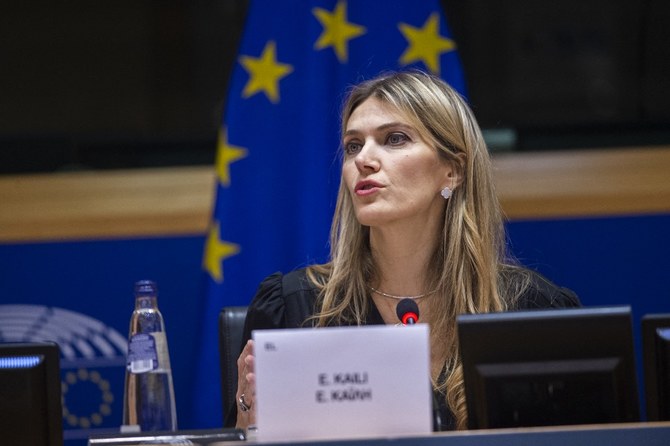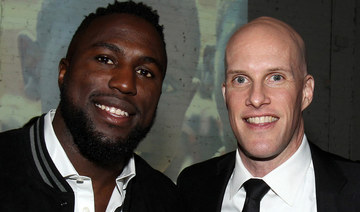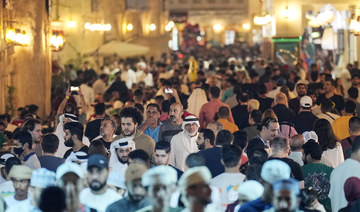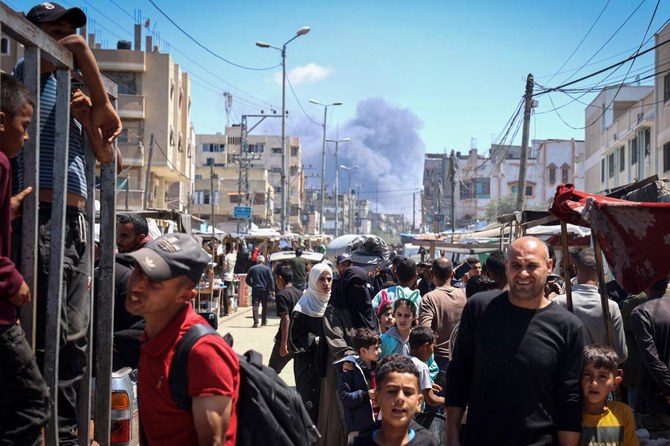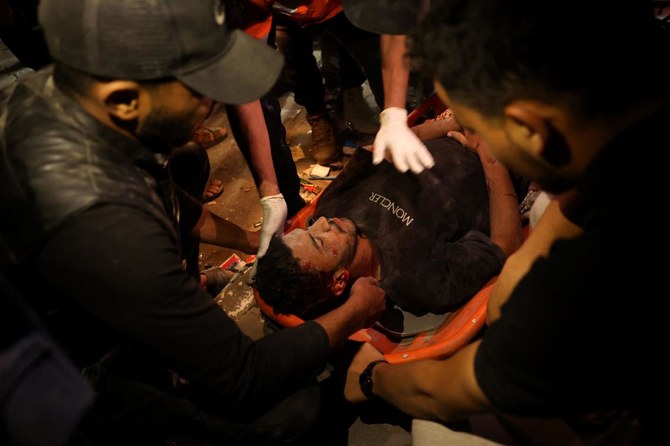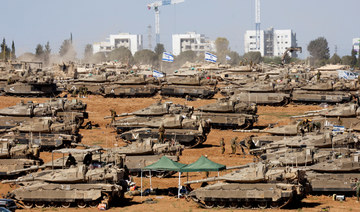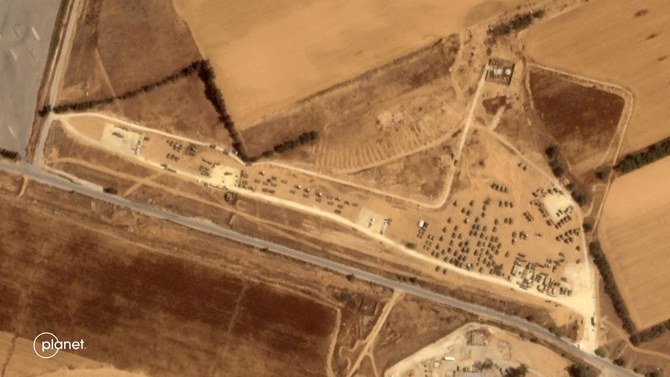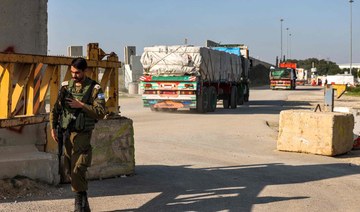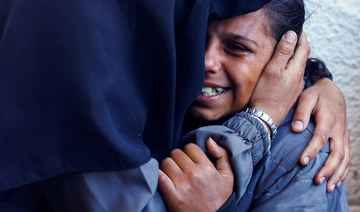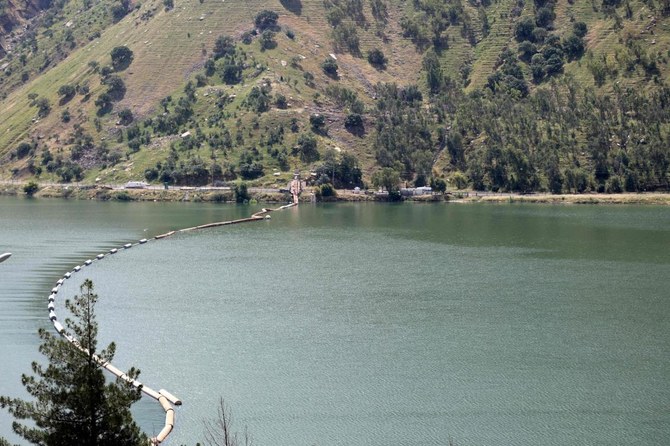LONDON: A corruption scandal has engulfed the European Parliament following the seizure of cash donations and detainment of an MEP linked to promoting Qatar’s hosting of the FIFA World Cup, the Financial Times reported.
Following a series of searches and arrests over the weekend, a Belgian court charged four people with “participation in a criminal organization, money laundering and corruption.”
It is claimed that Qatar sought to influence officials in the EP through cash donations and offers of lavish holidays.
The scandal has led to resignations and the pausing of a vote on giving Qatari nationals visa-free access to Europe.
Two MEPs as well as the family of a former MEP in Italy are said to be at the center of the scandal.
The latter were allegedly offered a $105,000 holiday to Qatar in return for promoting the country’s hosting of the FIFA World Cup.
The EU’s foreign policy chief said on Monday that allegations of bribery by World Cup host Qatar to burnish its image at the EP were “worrisome.”
The bribery claims have rocked the EU’s legislature and sparked calls for the bloc’s institutions to be put under the microscope to root out foreign influence.
“There is a process ongoing. Certainly, the news is very worrisome — very, very worrisome,” Josep Borrell, the EU foreign policy chief, said.
Borrell said no officials from the bloc’s diplomatic service or overseas missions were implicated in the allegations.
“There (are) police and judiciary actions. We have to follow these actions,” Borrell said, adding he could not go beyond the “judiciary statements.”
“(These are) very, very, very grave accusations,” he said.
Irish Foreign Minister Simon Coveney said the allegations were “damaging, and we need to get to the bottom of it.”
His German counterpart Annalena Baerbock warned “this is also precisely about Europe’s credibility.”
Qatar has long faced claims that its successful campaign to host football’s premier tournament came as a result of corruption.
Before the wave of arrests, Belgian police had investigated claims that Qatar had sought to influence members of the EP.
Dino Giarrusso, an Italian MEP, said that Qatari officials had approached officials in the Parliament on successive occasions since 2019.
He added: “They were hoping to improve the country’s reputation, especially in the run-up to the FIFA World Cup.”
Belgium’s federal prosecutors’ office alleged that “third parties in political and/or strategic positions” within the EP were “paid large sums of money or offered substantial gifts to influence decisions.”
Eva Kaili, an EP vice president, is believed to be one of the officials facing corruption charges.
Last month, the Greek former TV presenter defended Qatar’s human rights program in the Parliament, labeling the country a “front-runner in labor rights.”
She defended Doha’s hosting of the World Cup, claiming that MEPs criticizing the Gulf state had “accused everyone that talks to them of corruption, but still, they take their gas.”
Kaili has been stripped of her duties in the legislature as well as her domestic Greek membership of the socialist party PASOK.
European Commission President Ursula von der Leyen said the allegations of corruption against Kaili are of the “utmost concern.”
“The allegations are of utmost concern, very serious,” she said, reiterating that she was also proposing the creation of an independent ethics body to cover EU institutions.
“It is a question of confidence of people into our institutions, and this confidence and trust into our institutions needs higher standards,” the EU chief said.
As the European Parliament began its last plenary session of the year on Monday in Strasbourg, France, European Parliament President Roberta Metsola promised “there will be no sweeping under the carpet.”
“We will launch a reform process to see who has access to our premises, how these organizations, NGOs and people are funded, what links with third countries they have,” Metsola said.
“We will ask for more transparency on meetings with foreign actors and those linked to them. We will shake up this Parliament and this town, and I need your help to do it,” she added.
The EP’s largest party, the European People’s Party, said in a statement that it was “shocked” at the corruption scandal, adding that “no stone should be left unturned” in subsequent investigations.
Anti-corruption organization Transparency International called for an independent ethics watchdog to oversee EU institutions in the wake of the scandal.
Transparency EU director Michiel van Hulten, a former MEP, said: “Over many decades, the Parliament has allowed a culture of impunity to develop, with a combination of lax financial rules and controls and a complete lack of independent (or indeed any) ethics oversight.”
Qatar has unanimously rejected any claims of corruption.
A Doha official said: “Any association of the Qatari government with the reported claims is baseless and gravely misinformed.”



